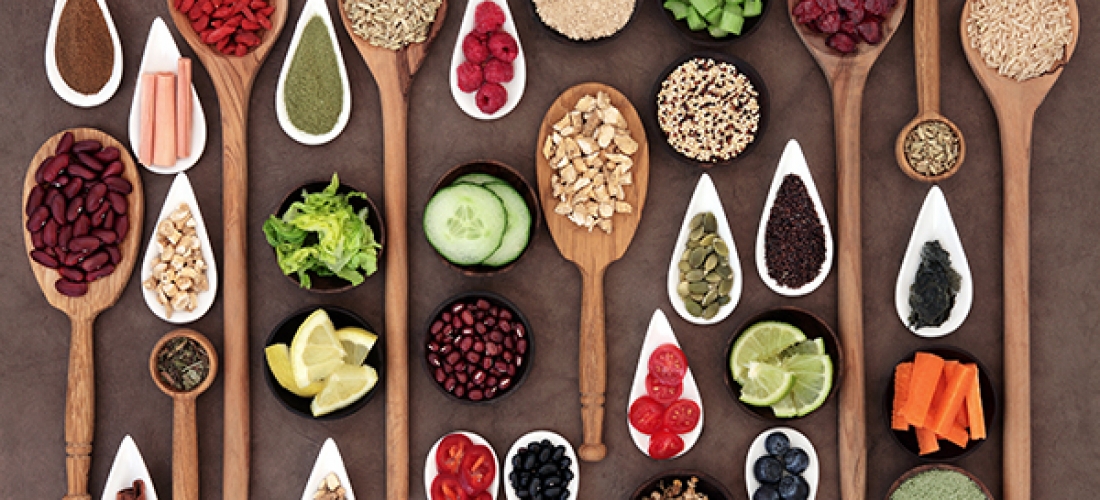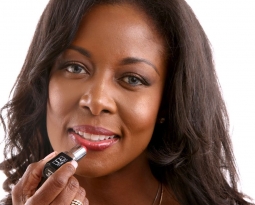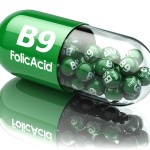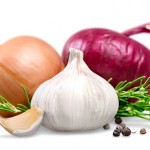Why antioxidants in vitamins help with free radicals
 To understand antioxidants, one must understand free radicals (RL). These are particular molecules having an electron “extra”, which makes them particularly unstable and reactive. They are produced in reactions involving oxygen (respiration, digestion, stress …). This is the phenomenon of oxidation, such as rust is iron oxidation in air. They are often presented as the aggressors of our health and even poisons. It is not that simple.
To understand antioxidants, one must understand free radicals (RL). These are particular molecules having an electron “extra”, which makes them particularly unstable and reactive. They are produced in reactions involving oxygen (respiration, digestion, stress …). This is the phenomenon of oxidation, such as rust is iron oxidation in air. They are often presented as the aggressors of our health and even poisons. It is not that simple.
In fact, these are substances produced naturally and normally in our bodies. They even help to produce energy, get rid of certain bacteria or viruses, or our own cells that have become too “sick” to avoid they become cancerous.
Antioxidant
It is the excess of free radicals (the “oxidative stress”) which poses a problem because it then leads to a deterioration of the walls of our cells, our proteins and even our precious DNA. It is recognized that it is highly responsible for aging and many acute and chronic diseases. Our body oxidizes (“rust”) increasing with age, the essential mechanisms seize up gradually. The RL cause oxidation chain reactions which affect particularly the famous “unsaturated fatty acids” of the protective membranes of our cells. Thus, these cells lose permeability and the flexibility of their membranes. Their trade (absorption, excretion, transmission of nerve impulses hormonal or …) are slowed. The oxidation can attack the components of proteins within cells until their nucleus and DNA. The cell can become abnormal, cancerous, or die.
The RL accumulation is toxic to all our cells. Those of our skin are even more exposed because subjected to UV sunlight and environmental pollution.
Why would we have too many free radicals?
The chain reaction is a free radical, attacking a molecule, will transform it into another free radical and so on, much like a contagion. As the chain reaction is not stopped by an antioxidant, increases the production of RL. Our body has antioxidant defenses involving many mechanisms to avoid damage. The oxidation was long believed that it was absolutely necessary to fight and that it was the major cause of aging. Since 2011-2012, we know that things are more complex and that the problems come especially when our own antioxidant defenses are exceeded.
An imbalance of our anti-radical defenses may be related to a lack of antioxidants in our diet. In particular, the excessive cooking and food preservation destroyed many antioxidants.
Some factors that will exaggerate the oxidation phenomena include:
- Tobacco and alcohol
- Medication
- Pollution
- Sun, UV and electromagnetic radiation of all kinds
- Inflammatory and infectious diseases
- The physical and intellectual overwork, stress, etc …
Antioxidants act on free radicals to neutralize them. Thus, permanently in our organism, free radicals occur and then make our antioxidants harmless. When this delicate balance is lost, problems come.
Free radicals and diseases
Studies show a correlation with many diseases but again we must understand that if the RL in excess can trigger diseases, recent studies show that the diseases themselves are most often the cause as the effect of this production RL.
Diseases related to excess oxidation are mainly:
- Cancer (oxidative attack on the DNA of healthy cells)
- Cardiovascular diseases (arteriosclerosis and lipid oxidation)
- The macular degeneration (AMD)
- Complications of diabetes (glucose oxidation)
- Diseases associated with chronic inflammation …







